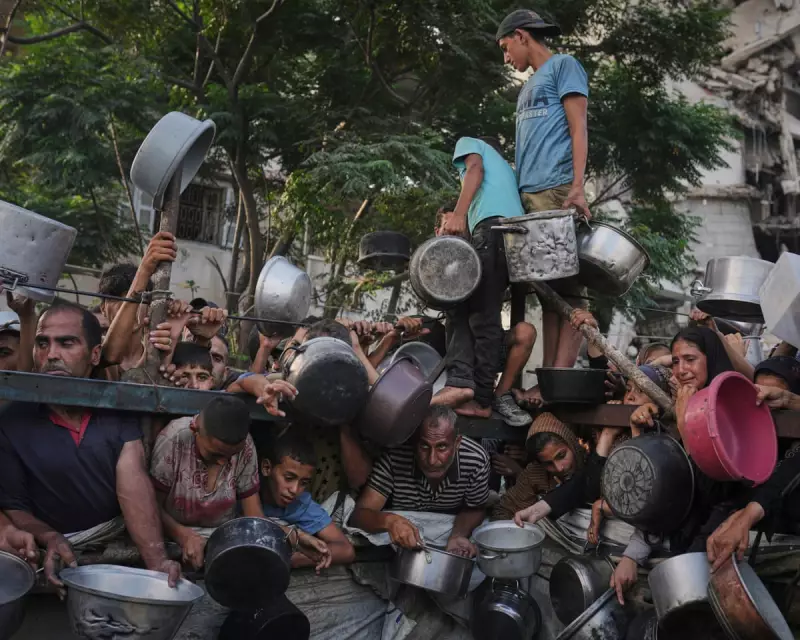
A formal declaration of famine in Gaza has placed Israel’s legal and humanitarian responsibilities under an intense new spotlight, according to a piercing analysis of international law. The stark conclusion is that the Israeli government now bears an unequivocal duty to facilitate and allow the free flow of life-saving aid into the besieged territory.
The declaration, made by leading international bodies, acts as a critical trigger, moving the crisis from a looming threat to a devastating reality. This shift fundamentally changes the legal landscape, imposing clear and non-negotiable obligations on the warring parties, particularly on Israel as the occupying power with control over border crossings and supply routes.
The Unambiguous Legal Obligation
Legal experts emphasise that international humanitarian law is explicit on this point. The deliberate starvation of civilians as a method of warfare is strictly prohibited and constitutes a war crime. The analysis underscores that this prohibition extends beyond simply not depriving people of food; it includes the positive duty to allow and facilitate the rapid and unimpeded passage of humanitarian relief for civilians in need.
Despite repeated warnings from the UN and aid agencies over months, the assistance reaching those inside Gaza has been described as a mere 'trickle'—grossly insufficient to avert a man-made catastrophe. The construction of US-built piers and airdrops have been labelled as inadequate measures that cannot replace the essential need for open land crossings and safe, uninterrupted delivery routes.
A Deepening Catastrophe on the Ground
The human cost of the aid blockade is already horrifically visible. Reports from medical facilities describe children dying from malnutrition and dehydration. The entire population of Gaza faces acute food insecurity, with a significant proportion now confronting catastrophic levels of hunger and disease.
This famine declaration confirms the international community’s worst fears and raises urgent questions about compliance with the recent orders from the International Court of Justice (ICJ), which mandated Israel to take immediate and effective steps to ensure the provision of basic services and humanitarian assistance.
The Path Forward: A Test of Compliance
The analysis presents a clear ultimatum: Israel must immediately open all available land routes for aid and ensure the safe and secure movement of aid convoys within Gaza. The law requires not just permission for aid to enter but active facilitation and protection of its distribution to those most vulnerable.
The international community, including key allies, now faces increased pressure to enforce these legal standards and ensure compliance to prevent further immense loss of life. The famine in Gaza is not a natural disaster; it is a preventable crisis, and its declaration is a sobering indictment of the ongoing failure to uphold the most basic tenets of humanity during conflict.





